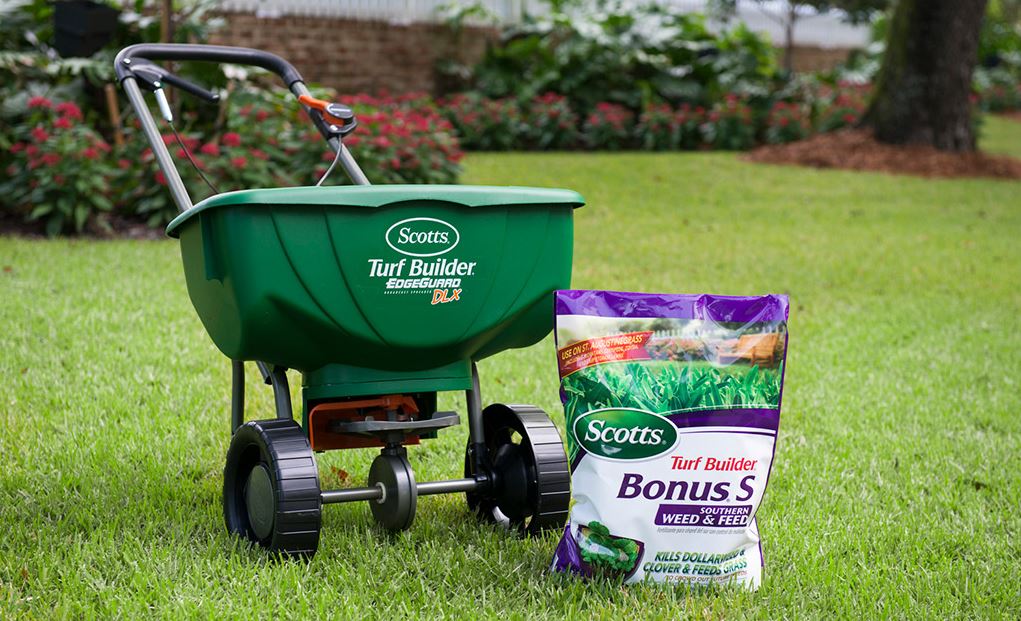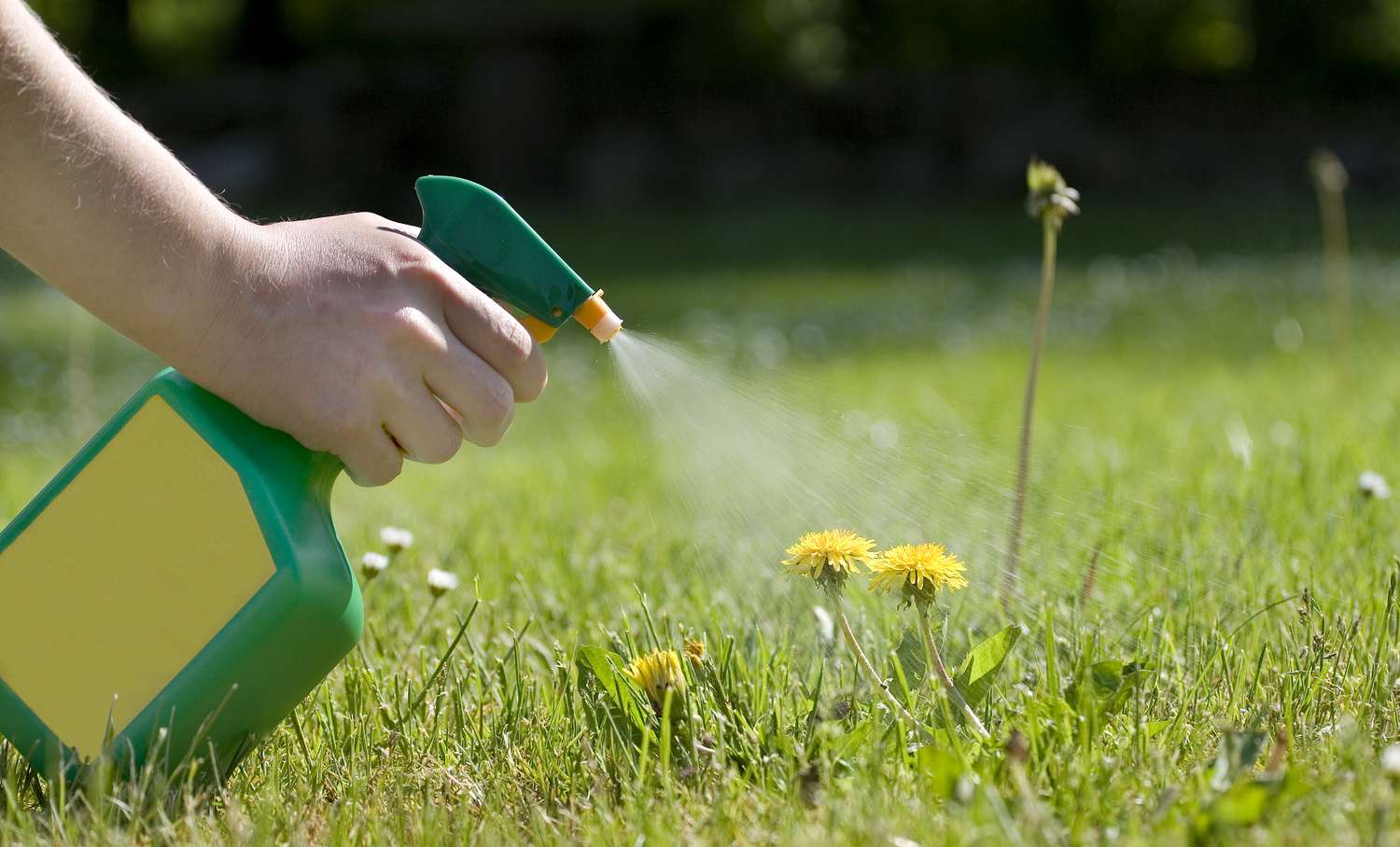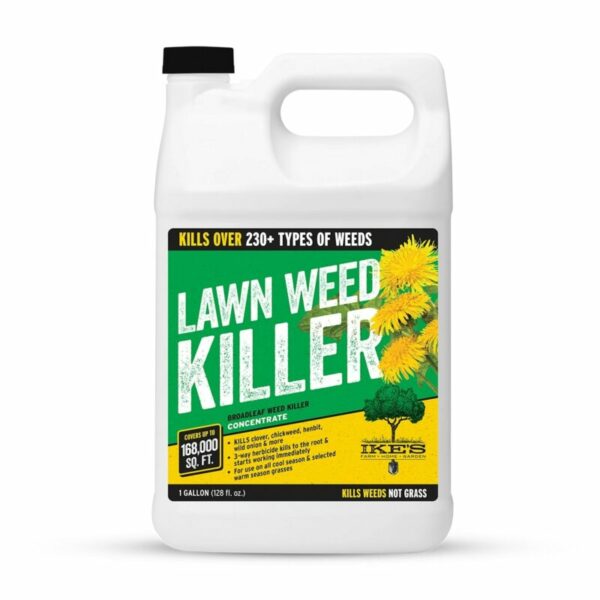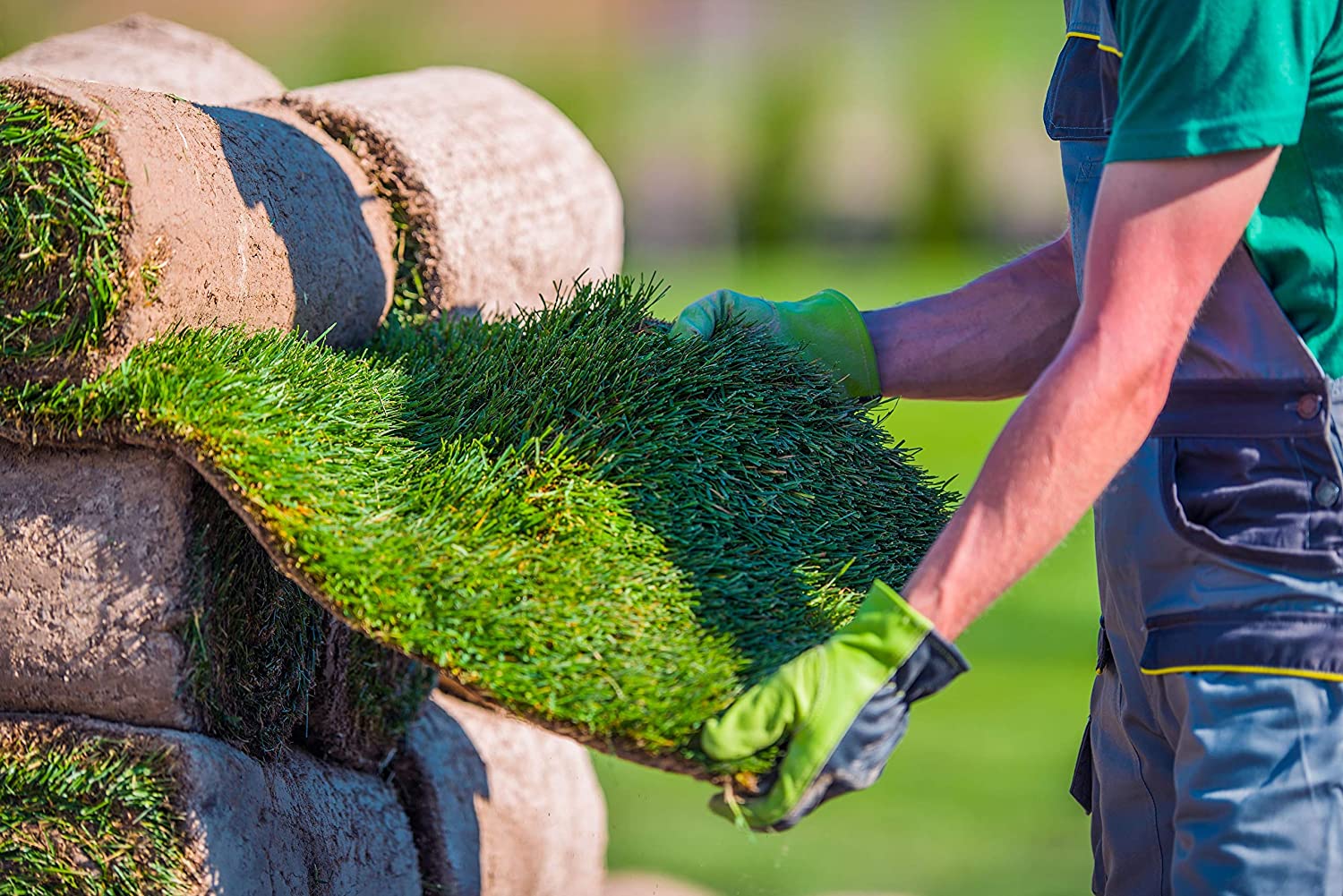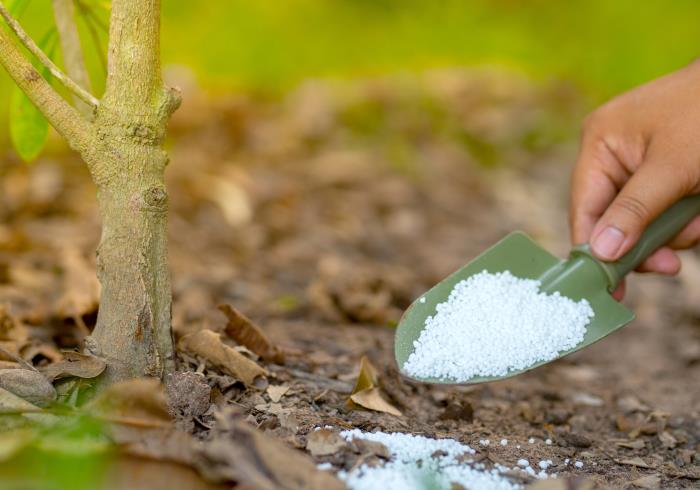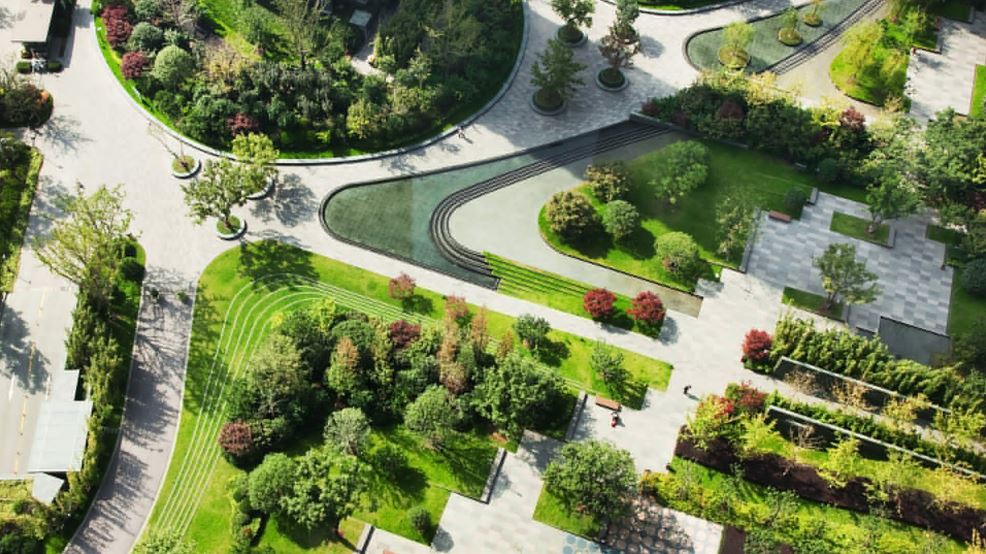If you are looking for which are the best lawn fertilizers in South Africa, where are here to help. A lush, green lawn is the envy of many homeowners, but achieving and maintaining it can be a challenge. Fertilizers are an essential tool in promoting healthy grass growth, but with so many options on the market, it can be difficult to know which one is right for your lawn.
In this article, we will explore some of the best fertilizers for grass and provide information on what to look for when selecting the right fertilizer for your specific lawn needs. Whether you are a seasoned gardener or a first-time lawn owner, this article will help you make an informed decision when it comes to choosing the best fertilizer for your grass.
The first thing you need to understand to know what fertilizer to use is they types of grasses that are commonly used in South Africa
Types of Grass in South Africa
In South Africa, a variety of grasses are used for lawns, depending on the climate, soil type, and intended use. Some of the most common types of grasses used for lawns in South Africa include:
- Kikuyu grass: Kikuyu grass is a fast-growing, drought-tolerant grass that is widely used for lawns in South Africa, especially in warmer areas. It has a dense, deep green growth habit, making it an attractive option for lawns.
- Cynodon dactylon: Cynodon dactylon, commonly known as Bermuda grass, is another popular grass for lawns in South Africa. It is drought-tolerant, fast-growing, and has a fine texture that makes it an attractive choice for lawns.
- Buffalo grass: Buffalo grass is a low-maintenance, drought-tolerant grass that is well-suited to hot and dry conditions. It has a dense, green growth habit and is commonly used for lawns in arid areas of South Africa.
- Ryegrass: Ryegrass is a fast-growing, drought-resistant grass that is widely used for lawns in South Africa. It has a fine texture and a lush, green appearance that makes it a popular choice for lawns.
- Fescue grass: Fescue grass is a cool-season grass that is well-suited to cooler, shadier areas of South Africa. It has a dense, green growth habit and is often used for lawns in areas with moderate to cool temperatures.
These are just a few of the grasses commonly used for lawns in South Africa. The best grass for your lawn will depend on the specific growing conditions in your area, including the climate, soil type, and intended use.
Best Lawn Fertilizer in South Africa
The best fertilizer for a lawn in South Africa depends on the type of grass, soil conditions, and climate in your area. In general, a well-balanced fertilizer that provides essential nutrients such as nitrogen, phosphorus, and potassium can be a good option. Here are a few recommendations:
Compound fertilizer
Compound fertilizers are a blend of the three primary macronutrients: nitrogen, phosphorus, and potassium. They are often available in different ratios, such as 16:16:16 or 14:14:14, which indicate the percentage of each nutrient in the mix. Compound fertilizers are a good option for general lawn care, as they provide a balanced supply of nutrients. They are also readily available and relatively inexpensive. However, they can leach into groundwater if not applied correctly, so it’s important to follow the manufacturer’s instructions and recommended application rates.
Slow-release fertilizer
Slow-release fertilizers release their nutrients over an extended period of time, usually several months. They are a good option for lawns because they reduce the need for frequent applications and the risk of leaching. They are also less likely to burn the lawn if applied correctly, as the nutrients are released gradually. However, slow-release fertilizers can be more expensive than compound fertilizers and may not be as readily available in all areas.
Organic fertilizer
Organic fertilizers are made from natural materials such as compost, manure, or bone meal, and are a more environmentally friendly option. They provide a more gradual release of nutrients and can help improve soil health by adding organic matter and promoting microbial activity. Organic fertilizers can be a good option for lawns, but they may need to be applied more often than slow-release fertilizers to provide the same level of nutrients.
A well-balanced compound fertilizer or a slow-release fertilizer can be a good option for general lawn care, while an organic fertilizer can provide a more natural source of nutrients and help improve soil health.
Remember to always follow the manufacturer’s instructions and recommended application rates, and consider having a soil test performed to determine the specific nutrient needs of your lawn.
Best Fertilizers for Different Lawn Types in South Africa
Here are some general guidelines for fertilizing common lawn grasses in South Africa:
Best Fertilizer for Kikuyu Grass
Kikuyu grass is a fast-growing species that requires regular fertilization to maintain its lush, green appearance. It is best fertilized with a balanced fertilizer, such as a 10-10-10 or 16-16-16 formula, applied every 8-12 weeks during the growing season.
Cynodon dactylon (Bermuda grass):
Bermuda grass is a warm-season grass that requires frequent fertilization to maintain its green color and growth habit. It is best fertilized with a balanced fertilizer, such as a 10-10-10 or 16-16-16 formula, applied every 6-8 weeks during the growing season.
Buffalo grass
Buffalo grass is a low-maintenance grass that requires minimal fertilization. It is best fertilized with a slow-release fertilizer, such as a 16-4-8 or 20-10-10 formula, applied once or twice per year during the growing season.
Ryegrass
Ryegrass is a fast-growing species that requires regular fertilization to maintain its green color and growth habit. It is best fertilized with a balanced fertilizer, such as a 10-10-10 or 16-16-16 formula, applied every 6-8 weeks during the growing season.
Fescue grass
Fescue grass is a cool-season grass that requires moderate fertilization to maintain its green color and growth habit. It is best fertilized with a balanced fertilizer, such as a 10-10-10 or 16-16-16 formula, applied every 6-8 weeks during the growing season.
It is important to note that these are general guidelines and the specific fertilizer needs of your lawn will depend on a variety of factors, including soil type, climate, and the desired outcome. If you are unsure of the best fertilizer for your lawn, a soil test and consultation with a local nursery or landscape professional can provide you with specific recommendations.
What month should I fertilize lawn in South Africa?
Here is the recommended fertilization schedule for some common lawn grasses in South Africa:
- Kikuyu grass: Kikuyu grass is a warm-season grass that is active from late spring to early Autumn. It is best fertilized every 8-12 weeks during the growing season, from September to May.
- Cynodon dactylon (Bermuda grass): Bermuda grass is a warm-season grass that is active from spring to autumn. It is best fertilized every 6-8 weeks during the growing season, from September to May.
- Buffalo grass: Buffalo grass is a warm-season grass that is active from spring to autumn. It is best fertilized once or twice per year during the growing season, from September to May.
- Ryegrass: Ryegrass is a cool-season grass that is active from autumn to spring. It is best fertilized every 6-8 weeks during the growing season, from March to September.
- Fescue grass: Fescue grass is a cool-season grass that is active from autumn to spring. It is best fertilized every 6-8 weeks during the growing season, from March to September.
Conclusion
In conclusion, choosing the right fertilizer for your lawn in South Africa depends on the type of grass you have and its specific growing conditions. The most common type of grasses used for lawns in South Africa is Kikuyu grass so the best fertilizer for most South African lawns will be a balanced fertilizer, such as a 10-10-10 or 16-16-16 formula
To get the best results, it is also important to follow the recommended application rate and schedule, and to consult with a local nursery or landscape professional for personalized advice and recommendations.

